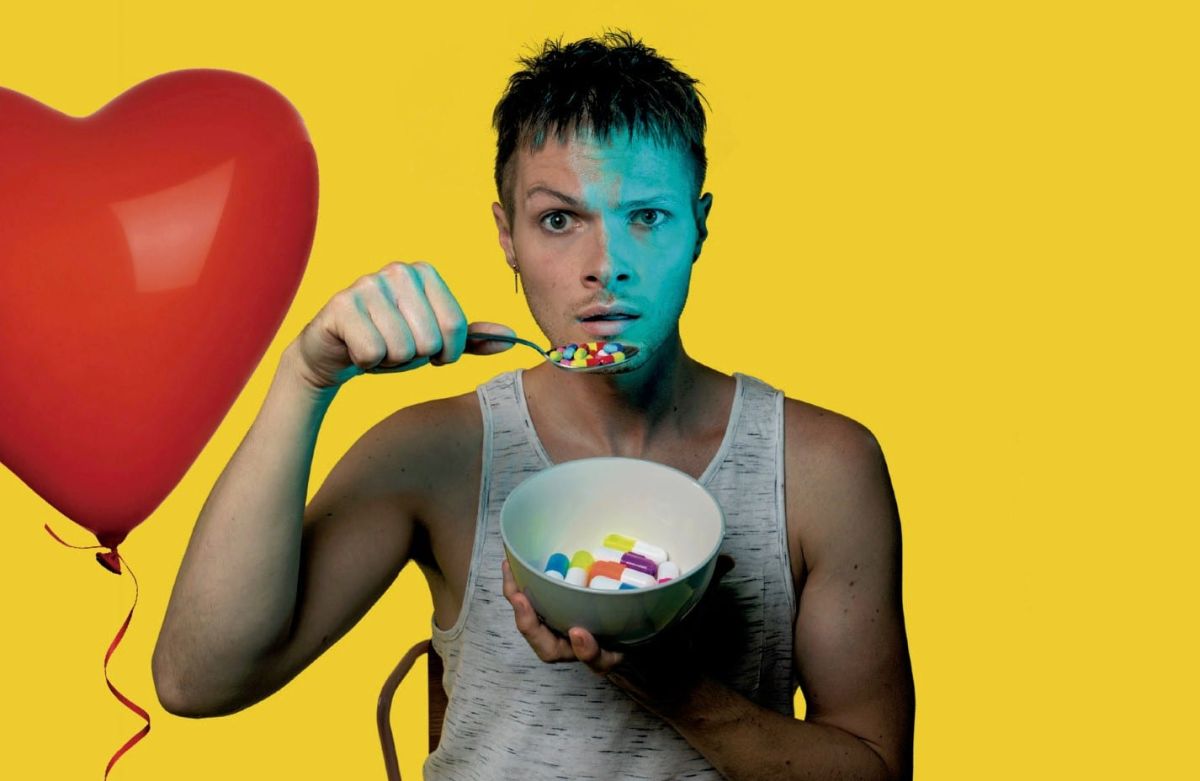First Time: Nathaniel Hall breaks stigma surrounding HIV
By Issy Bolitho

In his upcoming one-man play ‘First Time’, Nathaniel Hall aims to break the stigmas around being HIV-positive and have an open conversation about the realities of living with HIV. Inspired by the Positive Speaking Program, which gives those who are HIV-positive a voice to tell their stories, Hall takes to the stage to share his experience. Speaking to Hall, he hopes to dispel common myths surrounding HIV as well as tell his story with hopes to inspire those that watch.
Having not told his family about his HIV status until 14 years after his diagnosis, Hall opens up about the stigma and shame surrounding the virus. He talks about the “power of the stigma”, explaining how it can lead to a variety of mental health problems, such as depression and anxiety. Many people associate HIV with reckless behaviours. Its link to sex and injected drugs mean that the general public often moralise the contraction of the virus, despite the realities that affect the most responsible of us.
A lack of knowledge around the virus is a major contributor to the fear and stigma surrounding HIV. Hall discusses many developments in HIV that are often unknown to the wider public such as PreP and U=U.
PreP, pre-exposure prophylaxis, is a drug that can be taken pre-emptively that stops the taker contracting the virus. This drug is vital in communities that may be at a higher risk, such as injecting drug users, but is yet to be widely available in the NHS. It is currently being trailed across England but Hall comments that the delay in funding PreP has meant that “people are still getting HIV that shouldn’t be”.
U=U stands for undetectable=untransmittable. A plethora of scientific research has confirmed that when a person living with HIV is receiving effective treatment, their viral load can be reduced to a point where it is considered undetectable. Once a person has reached this stage in their treatment, they are then unable to transmit the disease to someone else. This has been a major breakthrough and means that if this treatment is accessible to everyone, we could be looking at a future that is HIV-free.
Manchester has become part of the Fast Track Cities network, a global group spearheading the fight against HIV. The city has pledged to end all new cases of HIV by 2030, a commitment that Andy Burnham has called ambitious yet achievable. Hall spoke about his hopes to eradicate new infections of HIV in the same way we eradicated diseases such as small pox.
The main message Hall wanted to get across was the importance of everyone to know their HIV status and get tested. With National HIV Testing Week running from the 17th to 24th of November, Hall highlights the importance of everyone knowing their status. Roughly two-thirds of new infections come from people not knowing they have HIV. Getting tested allows us to “be empowered to protect yourself and others”. We all have a responsibility in stopping the spread of HIV and getting regularly tested is how you can do your part.
With a brave, honest and thought-provoking message, ‘First Time’ runs at Waterside Arts Centre, Sale from the 29th November to the 1st December.







